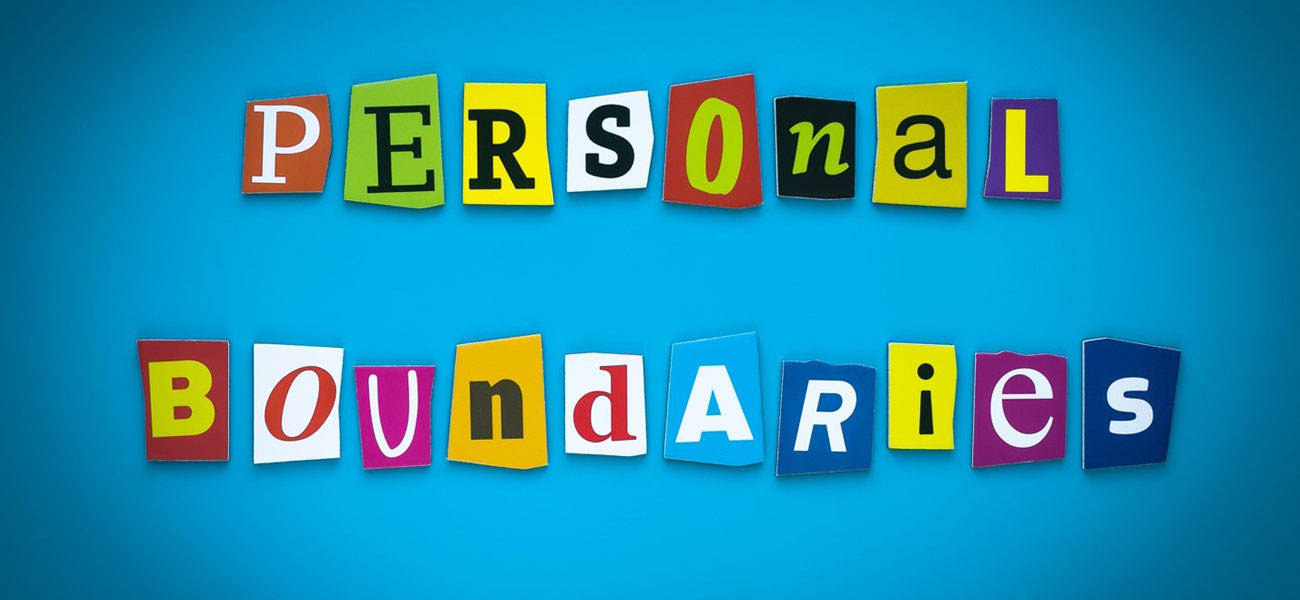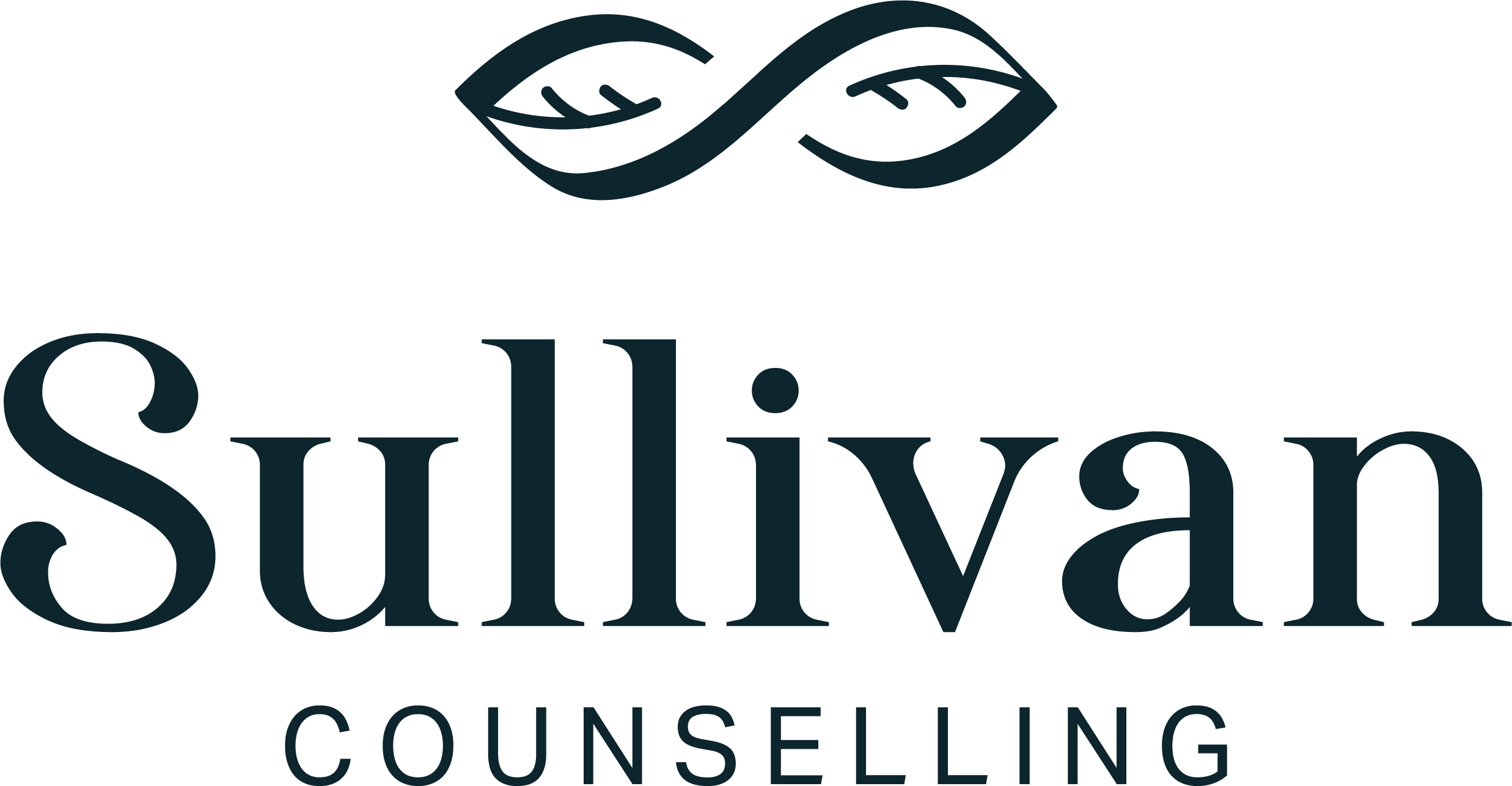
Boundaries are the limits we decide work for us on how people can treat us, how they can behave around us, and what other people can expect from us, and they help define what makes us unique.
Boundaries are created by a framework we build for ourselves around our core beliefs, our perspectives, our opinions, and our values.
Boundaries are what keep us feeling safe, and what keeps us in our comfort zone, with our dignity intact.
When our boundaries are compromised and damaged, we spend time and energy doing what others want us to do at the expense of what we want to do, and what our choices might be.
We then get triggered as we wish to repair our boundaries. Our emotions and physical sensations send us cues that our boundaries have been compromised. These sensations can look like:
- Feeling vulnerable
- Anger
- Resentment
- Fear
- Embarrassment
- Numbing/spacing out
- Headaches
- Illness
- Stress
- Exhaustion
- Tension in the neck and shoulders
- Upset stomach
Over the long term, this can lead to a build-up of frustration, irritation, anxiety, and depression because we feel unfulfilled or lost. We then spend a great deal of energy staying stuck and ruminating on how we can repair our broken boundaries.
We repair our boundaries by doing the following 5 things:
- Paying attention to our emotions and feelings and acting on our feelings when we need to. This includes: saying “NO” without experiencing tidal waves of guilt, and doing what we choose to do, on our own timing.
- Ask directly for what we want, and say what we feel. Learn communication skills such as “I-Statements”. Having the courage to speak or take action when our boundaries are crossed.
- Place belief and trust in ourselves. Trusting and believing in our judgments and our decision-making process. Change the focus of trust from other people to ourselves. Trust in ourselves, and give other people room to be human. Do not place our trust in someone else’s hands or expect others to be perfect.
- Decide what is the bottom line, or limit to how many times we will allow another person to say no, lie, disappoint or betray us before we admit this person is not good for us, and we realize a hard decision needs to be made to move on for the sake of our emotional health and happiness.
- Place ourselves first, by nurturing ourselves, our integrity and our values. When we take care of ourselves and treat ourselves with respect, we create an inner sense of dignity and respect, which will let us know when a relationship has become toxic, hurtful, abusive and invasive.
For more information call or text Madeleine Sullivan at 778-584-3955,
or email madeleine@sullivancounselling.


